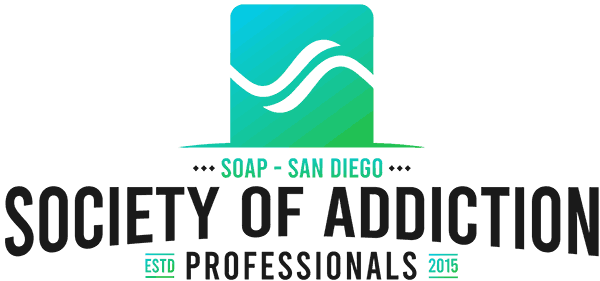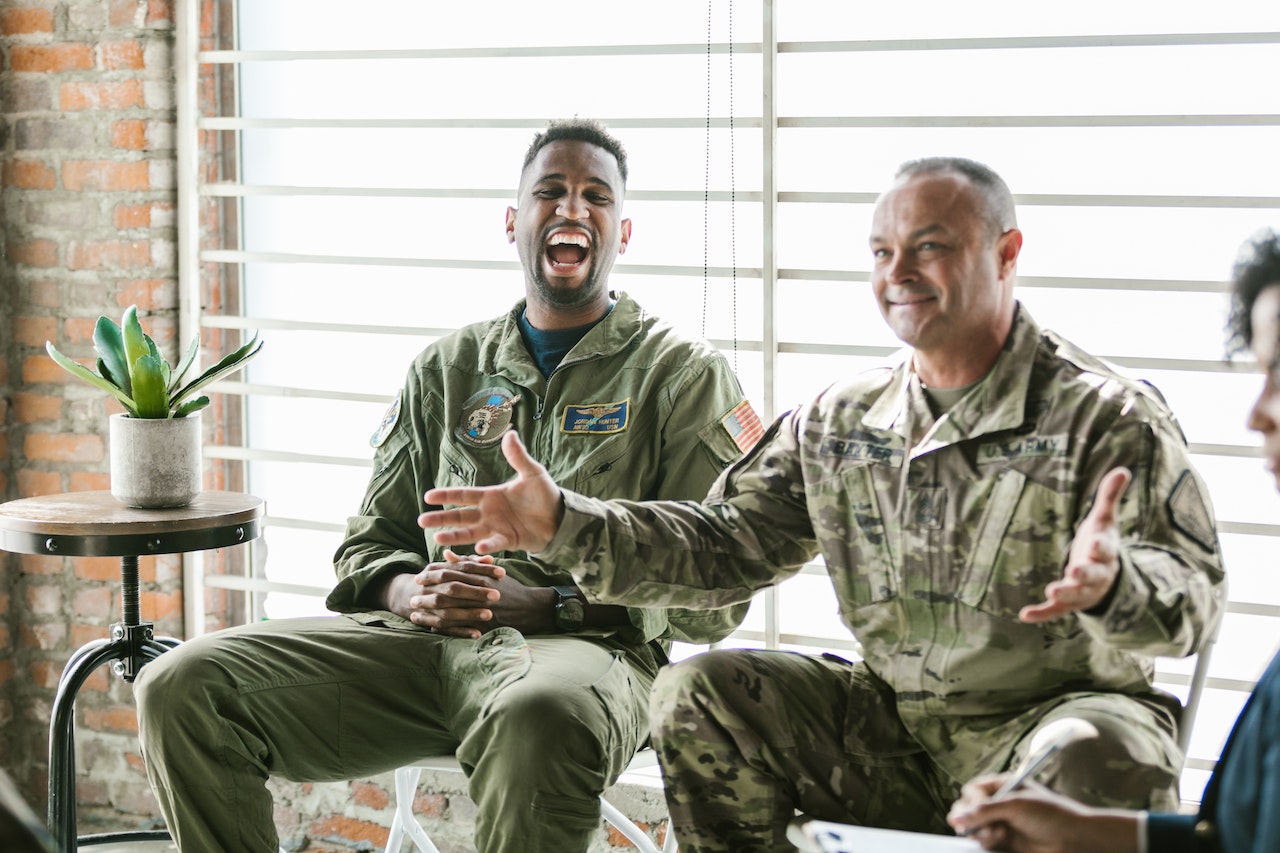Alcohol use disorder is one of the world’s most prevalent substance use disorders. Veterans will experience stress, boredom, fear, and other intense emotions while overseas or even stationed at bases at home. Drinking, playing cards, and storytelling are often a part of the culture on bases. Alcohol has long been a part of military culture, during wartime and downtime. It’s not shocking that many people in the military and veterans meet the diagnostic criteria for alcohol use disorder, especially people with PTSD.
Trauma, PTSD, and Alcohol Misuse Among Veterans.
Veterans are also likely to experience trauma and PTSD and sometimes cope with their symptoms using drugs or other substances. PTSD is a prevalent and often-misunderstood mental health disorder. However, there are trauma-informed treatment programs that primarily focus on veterans. Many military veterans in 12-step recovery are happy to mentor or sponsor newcomers.
Getting help for addiction or a mental health disorder can seem overwhelming. The military’s nature is to “buck up and pull up your bootstrap.” However, the Veterans Administration itself acknowledges that alcohol and other substances are a deeply ingrained problem. Nearly one in three people in the US Army who seek help for substance use disorder (of any kind) also meet the diagnostic criteria for PTSD.
Research from the VA has shown that veterans with PTSD and alcohol problems tend to binge drink. (Defined as drinking more than 4-5 drinks in an hour or two.) Binge drinking can cause blackouts, alcohol poisoning, and various injuries.
Getting Sober As A Veteran: Considerations
Getting sober can be a humbling experience, especially for veterans who value their toughness and grit. Getting sober takes grit, too! It also means a person has to put their ego aside and allow themselves to receive help.
Treating PTSD has to be a part of the recovery plan for people who need it. Without treatment, a person who lives with PTSD will continue to struggle with anxiety and depression. While the VA runs programs for treatment and recovery, a veteran may want to choose another program if you have outside insurance. It’s your decision where you get sober.
Many people prefer inpatient programs where they can focus on themselves and get the care they need. After treatment, there’s often a need for a transitional outpatient program. A person with PTSD will need to continue their treatment as well.
Some people who get sober will want to seek sober housing, where they can work and attend treatment sessions.
Veterans often need trauma-informed care and the perspective of others in the military. Some 12-step groups are veteran-specific, and other therapies are often offered as benefits at VA hospitals.
About SD-SOAP
SD SOAP is a dedicated group of addiction recovery professionals. We help men, women, and families affected by substance use disorders in our community. We welcome new people to join our professional networking group. Please check out our events in the near future and get in touch if you have any questions.

